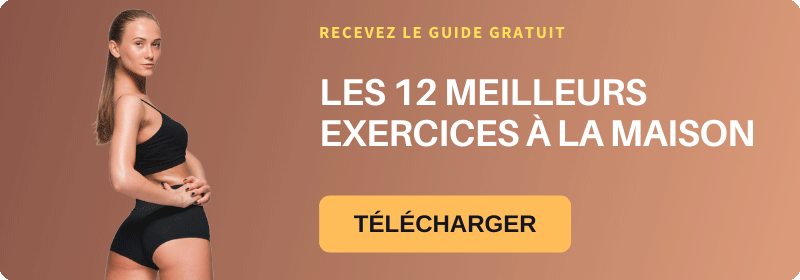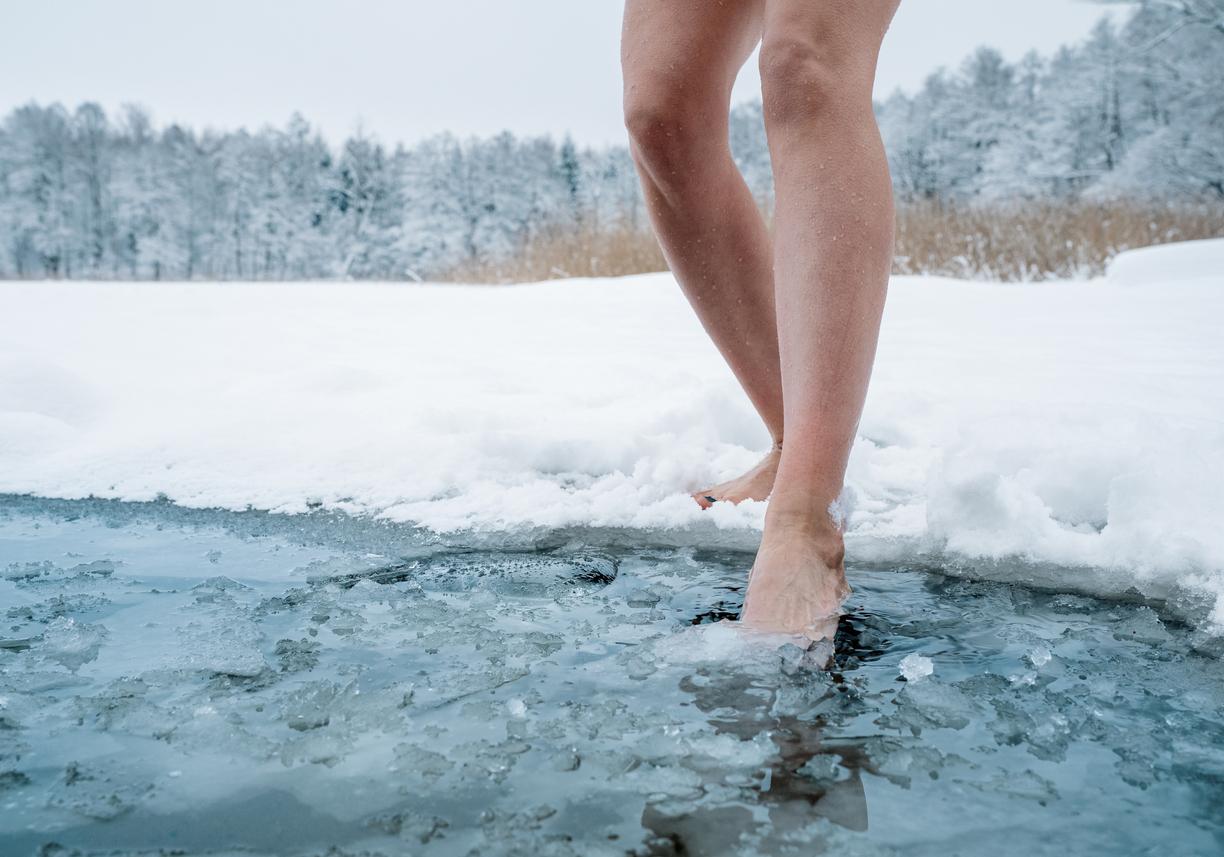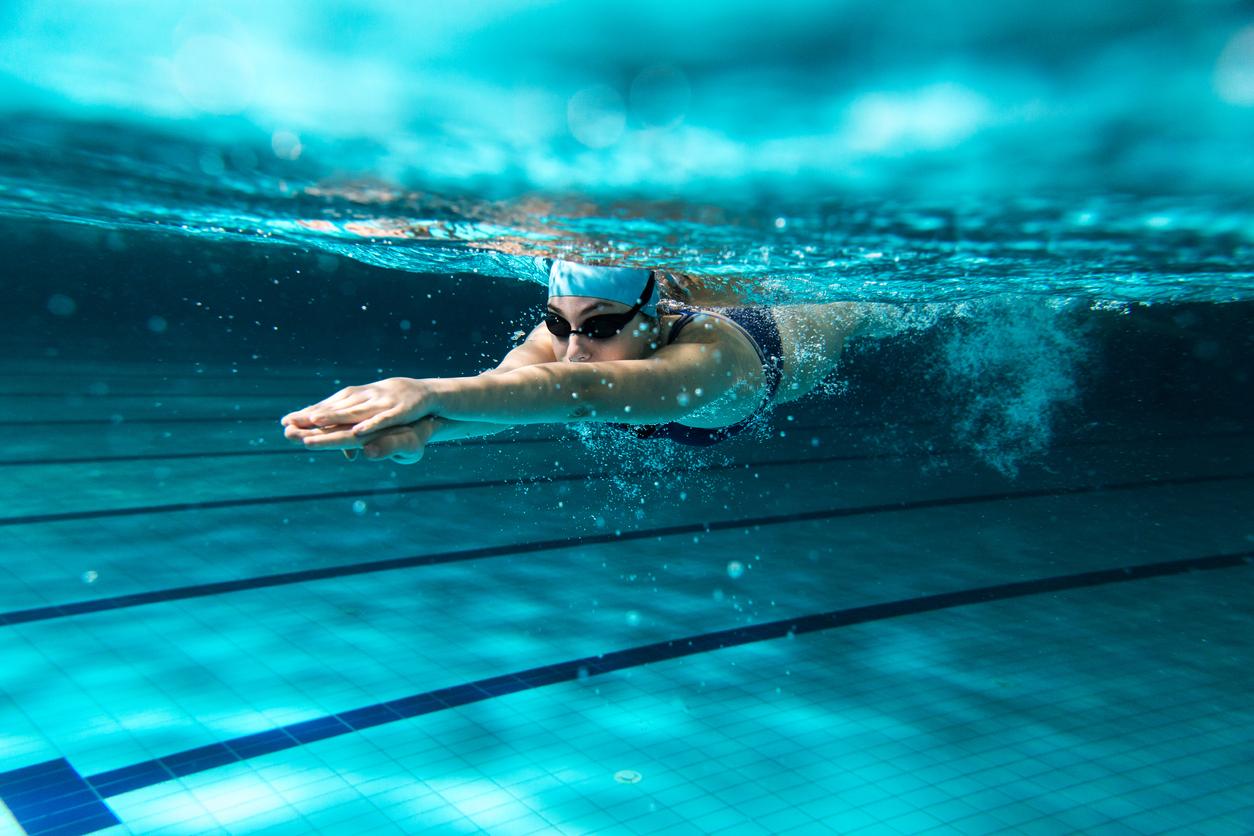
Doing jobs in corona times
The Netherlands is slowly being reopened after the intelligent lockdown. But that does not mean that all the rules can go out, because the corona virus is not completely gone yet. What about swimming, for example? Can you just swim laps? And showering in the pool, is that possible again?
The new coronavirus mainly spreads from person to person. The virus can only survive outside the body for a short time. It can then no longer multiply and you cannot get sick from it. The role of water in the spread seems minimal. So far there is no evidence that the virus spreads through water and the WHO confirms this. That is why the swimming pools are now open again, but with increased chlorine levels in the water. So you can swim laps again, provided you stick to the hygiene rules. Which are those?
Before your visit
When the pools opened for a limited time, you had to put on your swimsuit at home. That is no longer necessary. you are asked to go to the toilet at home before swimming. The toilets in the swimming pools are freely accessible again, but their use is discouraged. The toilets are cleaned at least once a day. Of course it is the intention that you wash your hands well when you do go to the toilet.
Do you need to make a reservation?
If you had to make a reservation at the beginning of the open position, you no longer have to (except for group lessons with a maximum of participants). In the pool, 1.5 meter zones and routes are indicated. The routing is determined in such a way that visitors do not cross each other or as little as possible. Each swimming pool monitors the number of visitors present in such a way that the 1.5m distance is not compromised. If the swimming pool can accommodate more than 100 visitors (excluding staff) indoors or more than 250 visitors (excluding staff) outdoors (and indoors combined), a health check is mandatory.
What about those 1.5 meters?
As long as you swim laps in the water or are engaged in a lesson, there is no need to keep your distance, although it is not the intention to actively seek out or approach each other. You can also simply overtake other swimmers. For active classes such as aqua fitness, boot camp, floating, aqua balance and contact sports, you no longer need to keep a distance as long as you are in the water. Outside the water, the 1.5 meter rules do apply to adults and to 13 to 18-year-olds compared to adults.
The changing rooms and showers
The changing rooms in swimming pools can therefore now be used again, provided that the routing and the 1,5 meter rule allow this. Small changing rooms can also be used again. The changing rooms are not disinfected after each use. Depending on the frequency of visits, an appropriate cleaning regime is applied. The showers can also be used again. Keep in mind the 1,5 meter rule. Each swimming pool determines itself where clothes and shoes are to be placed after changing. Lockers and storage areas are disinfected after use. After swimming, you should change clothes and leave the pool as soon as possible.
What about the hot tubs?
For the hot tubs, it is advised not to use them for the time being. Hot tubs, like sneezing, produce tiny airborne droplets called aerosols.
Can parents come along again?
Parents or carers are allowed to be present with their children again, for example in the paddling pool or the water playground. However, they must always keep a distance of 1.5 meters from other adults. One parent/guardian from the same household is allowed per child. The equipment for changing parents/guardians and children is made in such a way that everyone can keep their distance. If the local situation so requires, the change will take place in phases. If you want to use a changing mat, you have to bring your own towel to put over it. Children with swimming diapers are only allowed in the paddling pool or the water playground, but that was also the case before the corona crisis. Singing or yelling is not allowed.
What about balls and other play equipment?
Materials can simply be used in the pool. Immersion in chlorinated water renders the active virus sufficiently inactive within minutes. To give the chlorine sufficient time to break down the virus, it is advisable to pass on as few materials as possible immediately.
The advice is to immerse the materials in water between lessons and let them dry for a few minutes. A ball continuously comes into contact with chlorinated water and is therefore disinfected. There is therefore no obstacle to throwing or shooting at target.
Swimming lessons
Swimming lessons have also started again. The swimming instructor teaches as much as possible at a distance of 1.5 meters from children older than 12 years and adults, preferably from the side. There is no distance restriction for children up to the age of 12.
General rules
- Everyone aged 18 and older keeps 1.5 meters away from people aged 18 and older.
- Children up to and including 12 years old do not have to keep their distance between themselves and adults. Members of 1 household do not have to do that either.
- Young people up to the age of 18 also do not have to keep 1.5 meters away from each other. Deviations from this are possible during specific activities in the water with an instructor.
- Always follow the instructions of the authorized persons.
- Before and after the pool visit, wash your hands with soap and water for at least 20 seconds.
- Limit contact with doors, fences, benches, etc. to the minimum necessary.
- Preferably pay with pin or contactless (pin or mobile).
- Stay home if you have any of the following (also mild!) symptoms in the past 24 hours: a cold, cough, shortness of breath or fever.
- Stay home if someone in your household has a fever (from 38°C) and/or shortness of breath. If everyone has no complaints for 24 hours, you can exercise again and go outside.
- Stay home if someone in your household has tested positive for the coronavirus (COVID-19). Because you can still get sick up to 14 days after the last contact with this person, you must stay at home until 14 days after the last contact during which this person was still contagious (follow the advice of the GGD).
- Stay at home if you have had the coronavirus (diagnosed with a test) and it has been diagnosed in the past 7 days.
- Stay at home if you are in home isolation because you have been in direct contact with someone who has been diagnosed with the coronavirus.
- Go home immediately if complaints arise during sports activity, such as: nose cold, cough, shortness of breath or fever.
- Forced vocalizations, such as shouting and singing, are not allowed.
Pay attention: check for all current advice about the coronavirus the website of the National Institute for Public Health and the Environment (RIVM).















